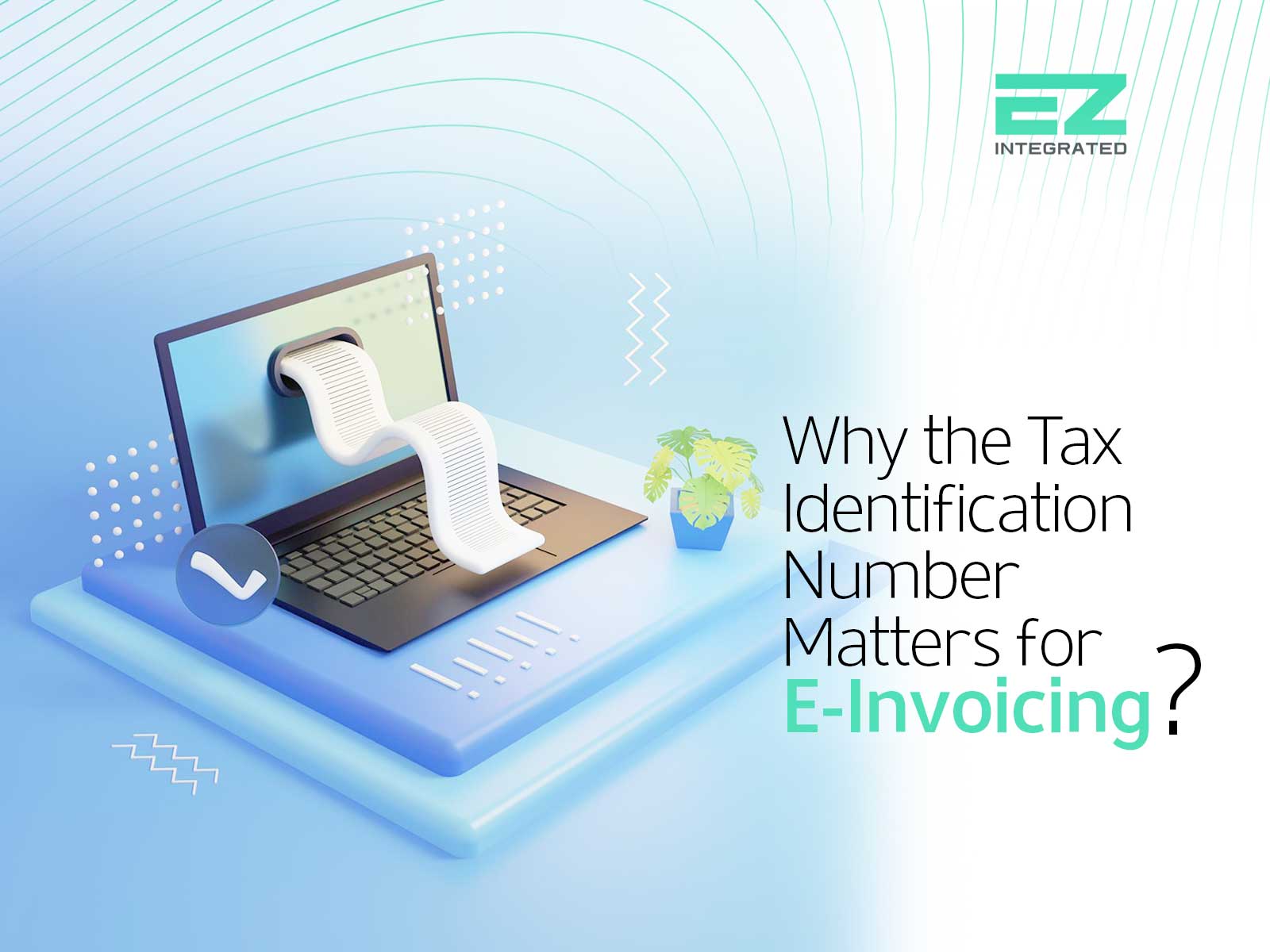Obtaining the tax identification number is the first and most critical step in activating e-invoicing in Saudi Arabia. Without it, businesses cannot issue valid e-invoices or connect to the FATOORA platform.
This article explains the role of the tax identification number, how it relates to e-invoicing, the steps to obtain it, and what could go wrong without it. Practical tips and examples will guide your business toward full compliance.
What Is the Tax Identification Number and Why Is It Essential?
The tax identification number is a unique code issued by the ZATCA for every VAT-registered business. It must appear on every e-invoice and is used in all tax-related operations.
All taxable entities, including SMEs, must obtain this number, regardless of whether they sell products or services.
Unlike a commercial registration or unified number, the tax identification number is a mandatory prerequisite for issuing e-invoices.
Linking E-Invoicing with the Tax Identification Number
E-invoicing cannot be activated without a valid tax number. The FATOORA system uses tax identification number to validate invoices and integrate them into the national database.
Key points to remember:
- It is required when registering on the FATOORA platform.
- It must appear on both standard and simplified e-invoices.
- It is embedded in XML or PDF/A-3 files submitted to ZATCA.
- Without it, invoices are invalid and non-compliant.
How to Obtain the Tax Identification Number from ZATCA
Follow these simple steps:
- Visit the ZATCA official website.
- Log in through the tax portal.
- Select “Register for VAT.”
- Enter all business details, including revenue and contact info.
- Once verified, the tax identification number will be issued via email and your account.
The entire process is free and usually completed within one business day, assuming all details are accurate.
Also read: Everything You Must Know About Value Added Tax in Saudi Arabia
What If You Start E-Invoicing Without It?
Failing to obtain the tax identification number before e-invoicing can lead to:
- Invoices being rejected or deemed non-compliant.
- Potential penalties of up to SAR 50,000.
- Technical issues when integrating with the FATOORA platform.
- Audit problems and damaged trust with customers or regulators.
Real-World Examples Emphasizing the Importance
Imagine an entrepreneur launching an online candle store. She prepares everything, sets up e-invoicing, but forgets the tax identification number. This oversight delays her launch despite having everything else ready.
Another example: a startup offering design services configures an e-invoicing system. But the integration fails because the tax number doesn’t match ZATCA records. Operations halt until they fix the issue.
These cases show that the tax identification number is not a minor administrative step—it’s fundamental to any compliant invoicing process in Saudi Arabia.
Also read: 8 Mistakes That Delay Your E-Invoice Integration in Saudi Arabia
How EZ Integrated Supports You from the Start
EZ Integrated, a certified ZATCA solution provider, helps you comply from the very first step. We assist in obtaining tax identification number and beyond.
Our services include:
- Clear guidance to register and verify your number.
- Secure technical integration with FATOORA.
- Ongoing support as you prepare for the integration phase.
Start Strong with the Right Foundation
The tax identification number is more than a tax ID—it’s the foundation for digital compliance in Saudi Arabia. Don’t wait until problems arise. Let EZ Integrated simplify the journey for you. Contact us today to schedule your free consultation and unlock tailored e-invoicing solutions for your business.
